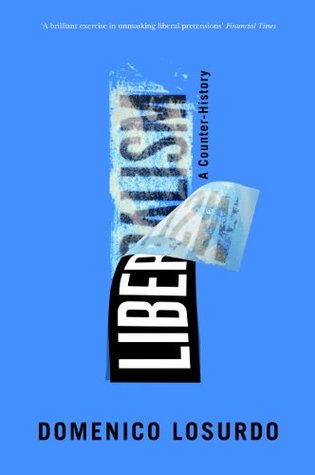More on this book
Kindle Notes & Highlights
Hence ‘[t]he freedom of the free was the cause of the great oppression of the slaves … And as they are the most numerous part of mankind, no human person will wish for liberty in a country where this institution is established.’
In Mill’s view, ‘any means’ were licit for those who took on the task of educating ‘savage tribes’; ‘slavery’
The Irish, in endemic, desperate revolt against spoliation and oppression by Anglican settlers, were contemptuously referred to by Locke as a population of ‘brigands’.
While Locke, champion of the struggle against absolute monarchy, justified the white master’s absolute power over the black slave, a theorist of monarchical absolutism—Bodin—condemned such power.
Slavery is not something that persisted despite the success of the three liberal revolutions. On the contrary, it experienced its maximum development following that success: ‘The total slave population in the Americas reached around 330,000 in 1700, nearly three million by 1800, and finally peaked at over six million in the 1850s’.
In 1798, three years prior to the formation of the United Kingdom of Great Britain and Ireland, the Irish numbered ‘about four and a half million—a third of the population of the British Isles’.93 Accordingly, a higher percentage of people were to be deprived of their negative liberty than in the United States, where, at the time of independence, blacks made up one-fifth of the population. It must be added that, before and after the Glorious Revolution, Britain’s rulers treated the Irish, on the one hand, like Indians, to be deprived of their land and thinned out through more or less drastic
...more
‘Commerce, which has brought wealth to the citizenry of England, has helped to make them free, and freedom has developed commerce in its turn. By means of it the nation has grown great’.
Even closer to Burke was Guizot, who pointed to the eruption of the ‘Third Estate’s struggle against the nobility and the clergy’ as the moment when the French Revolution ceased to have ‘liberty’ as its goal and aimed exclusively at ‘power’, paving the way for the subsequent, interminable struggles—‘those of the poor against the rich, of the common people against the bourgeoisie, of the rabble against respectable folk [honnêtes gens]’.17


